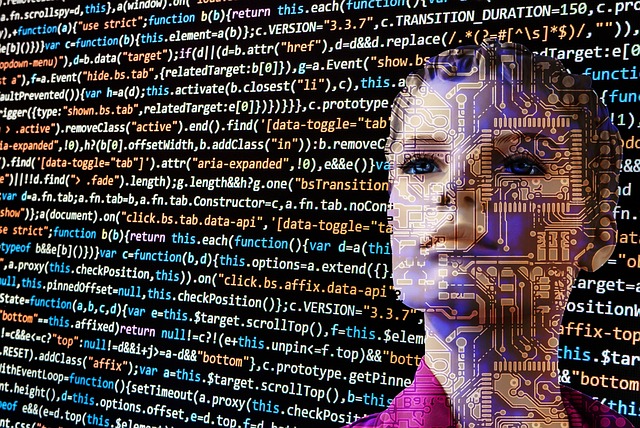Revolutionizing Business: The Evolution of Intelligent Robotics in Adaptation
As we navigate through an era characterized by rapid technological advancements, the development of intelligent robots emerges as a pivotal force reshaping how we conduct business. The intersection of robotics and artificial intelligence is no mere buzzword; it has transformed from a futuristic concept into a practical reality that many companies are beginning to embrace. These intelligent robots are not just tools; they are partners in fostering adaptability, efficiency, and innovation in the ever-evolving marketplace.
The Rise of Intelligent Robotics
Over the past few decades, we have witnessed an unprecedented rise in the capabilities of intelligent robotics. Their ability to learn and adapt allows them to perform complex tasks that were once thought to require human intervention. From manufacturing lines where robots assemble intricate components to service industries utilizing AI-driven chatbots for customer interactions, the scope of intelligent robotics is vast and growing. This evolution is not just about mechanization; it’s about creating smarter systems that can dynamically respond to changing demands.
Artificial Intelligence: The Brain Behind Innovation
At the heart of intelligent robotics lies artificial intelligence, the technology that enables machines to mimic cognitive functions. AI enhances a robot’s capability to analyze data, make decisions, and learn from experiences. With these characteristics, businesses can employ robots that adapt to various situations in real-time, significantly increasing productivity. For instance, imagine warehouse robots that can autonomously reroute their paths to optimize delivery schedules during peak times. They learn from patterns and can adjust their behavior accordingly, resulting in smoother operation and higher efficiency.
Automation in Business: The New Paradigm
As automation continues to penetrate various sectors, businesses are recognizing the immense benefits of integrating intelligent robotics into their operations. From streamlining supply chains to enhancing manufacturing processes, the adaptation of intelligent robots leads to reduced human error, increased speed, and ultimately, higher profitability. Companies can allocate human resources to more creative and strategic roles while allowing robots to handle repetitive, labor-intensive tasks. This synergy paves the way for a more skilled workforce and promotes an innovative culture where ideas can flourish.
The Emotional Connection to Adaptation
For many, the journey of adapting to these new technologies can be overwhelming. Embracing change often comes with uncertainty, but it is also an opportunity for growth. The implementation of intelligent robotics in businesses brings about a new sense of security; companies can confidently meet customer demands while maintaining quality and consistency. The feeling of empowerment that comes from utilizing these advanced tools to enhance capabilities allows businesses to not only survive but thrive in a competitive landscape.
As we continue to witness the development of intelligent robots, we must acknowledge the profound impact they have on our professional environments. Adaptation is no longer a choice but a necessity, and those who are willing to embrace this evolution will undoubtedly lead the charge into a future filled with unprecedented possibilities.



